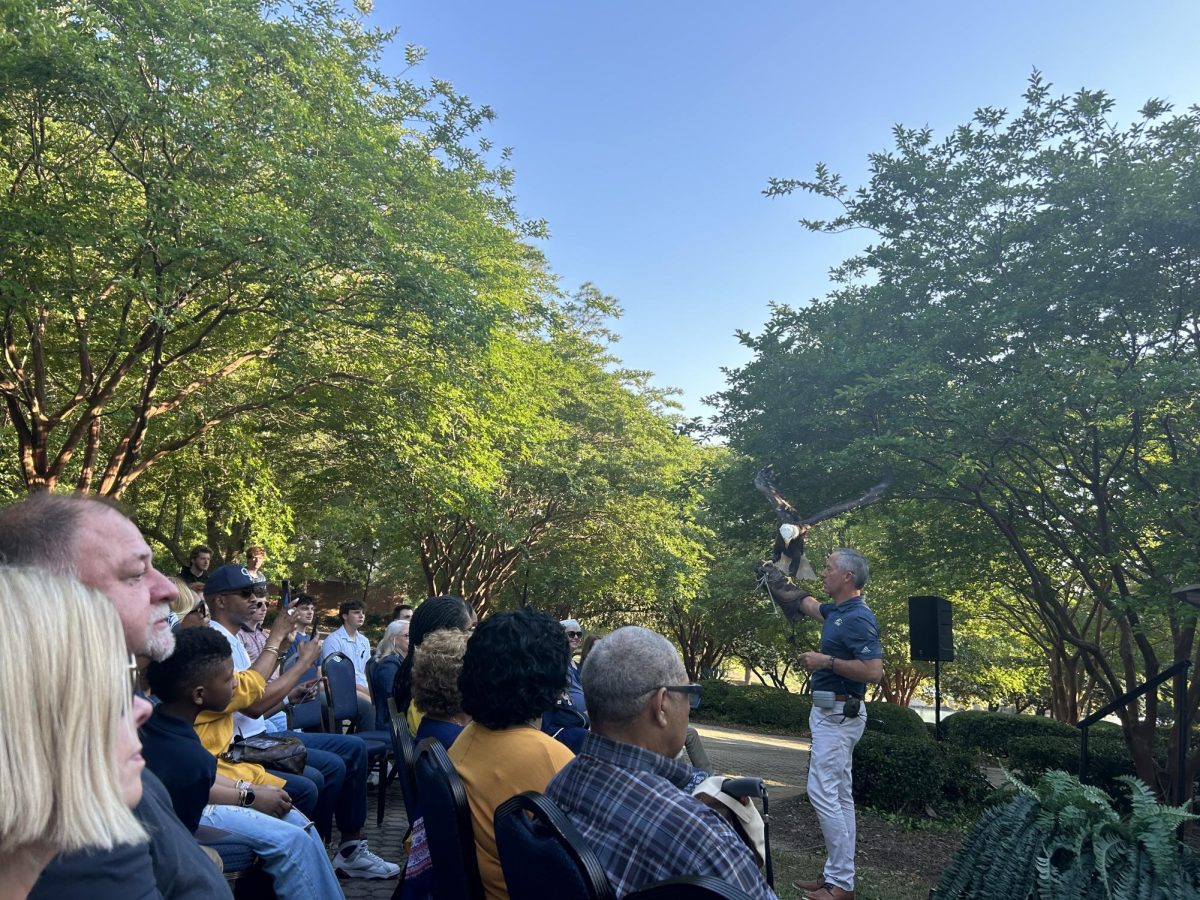Loneliness is a widespread problem facing most college students today, and can lead to feelings of depression and anxiety, impacting one’s mental health and academic success. But combating the feelings of loneliness is an accomplishable task that can lead to greater confidence, better social relationships, and a longer, happier life.
Risks of Loneliness
“With loneliness we see an increased risk of depression or anxiety and that can lead to feelings of hopelessness, sadness, and worthlessness,” according to Tiyana Chaney-Taylor, Ph.D, a psychologist and mental health counselor at University of North Carolina Wilmington. “If you don’t have a good social system, when you go out in public, when you’re crowded around people, that can fuel your social anxiety. So people with social anxiety fear rejection and isolate themselves at home, which becomes their normal. So it’s hard for them to meet new people which just leads to this cycle of depression and loneliness.” she says.
Though, according to Sarai Mapp, the Associate Director of Resident Life & Housing at Abraham Baldwin Agricultural College (ABAC), “loneliness itself isn’t bad, it’s the feeling of loneliness that’s bad…being alone and lonely are two different things. The feeling of loneliness is natural, we have to know that all human emotions are natural,” she says. “Loneliness in college though, is bad because college is such a communal space and so loneliness can spiral very fast because college is about community… you’re consistently around people and it can feel like your life is passing you by because you are lonely… and that can lead to a spiral of suicidal ideations.”
Solutions to Loneliness
- Evaluation
For someone in that situation, the best way to fix the problem is by evaluating why you feel lonely and “rationalizing through the emotion,” as Mapp says. You have to evaluate your relationships with the people you interact with, or if the university you’re attending isn’t the best fit for you, or if you actually feel fulfilled in the activities you’re participating in, or if you need to seek therapy or counseling services. Being realistic about the feelings of loneliness can help students to lessen those feelings, and is often the first step in handling the mental health issues that can arise from the feeling of loneliness.
- Step Out of Your Comfort Zone
Chaney-Taylor advises students to find things they like to do and make friends from those activities, in a way that feels natural to them. “Don’t join a sorority, though, just because you want to be in one but don’t really connect with the people there. You are only going to surround yourself with people you don’t connect with, and that’s gonna make things worse.”
According to Chaney-Taylor, you have to force yourself to talk to others because that’s the only way you can make friends and combat the feeling of loneliness. “You have to realize loneliness is impacting your way of life and your happiness and you can either continue on that path or step out of your comfort zone and realize it’s gonna be for your benefit in the long run, even if it’s uncomfortable in the beginning.”
- Use Your Resources
Mapp has studied mental health issues in college students and creates policies at ABAC meant to benefit students’ mental health and wellness. She advises GSU students, though, to use their available resources. “As a college student, this is the best time of your life to seek therapy if you need it. Be mindful of your RA’s, professors, or teachers. Those people are resources that are there for you and even if they don’t know the answer they can point you in the right direction.”
Georgia Southern also offers mental health resources on campus that can be easily reached, including counseling or therapy services. The center also maintains 24/7 crisis access and can be reached by calling 912-478-5541. In addition, the 988 suicide and crisis lifeline is a national service available to those suffering from mental health issues, substance abuse, and suicidal thoughts.






